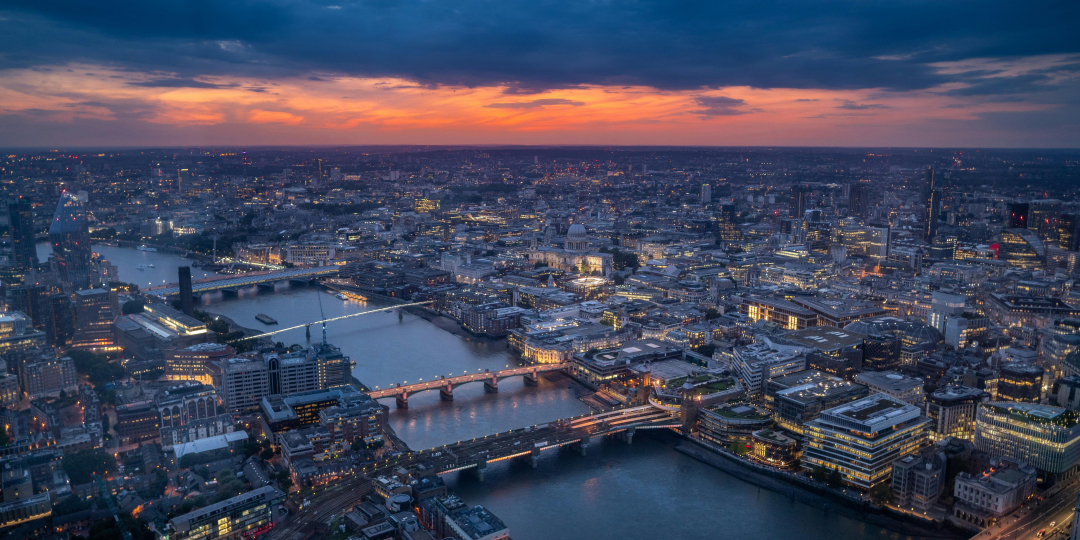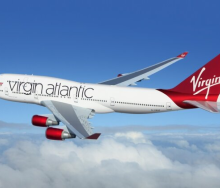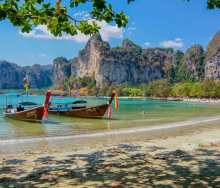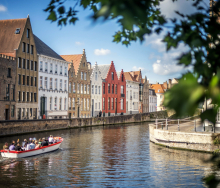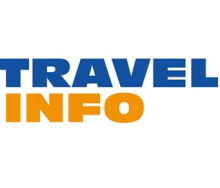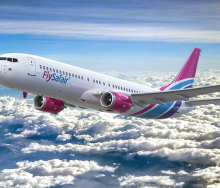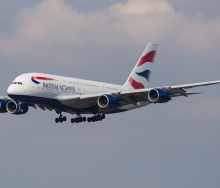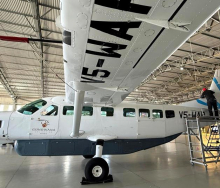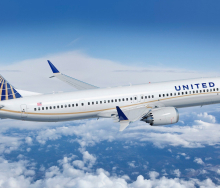VFS Global has announced that it has been awarded the global contract for all UK Visa and Citizenship Application Service (VCAS) centres across Africa, Australasia, Asia, Asia Pacific, the Americas, China, Europe, the Middle East and Taiwan.
While an exact date is still unknown, during some point between Q3 and Q4 in 2024, we can expect that applications in Africa for UK visas will be exclusively processed via VFS Global.
“We’ve been awarded the UK Visa and Immigration contract globally to facilitate travellers going to the UK and will be setting up in 142 countries during this year,” Hariprasad Viswanathan, the Head of sub-Saharan Africa at VFS Global, told Travel News.
VFS Global will open VCAS centres for the UK in 87 new countries in addition to the 58 countries in which it is already providing services, including 31 countries on the continent: Algeria, Angola, Botswana, Cameroon, Democratic Republic of Congo, Côte d’Ivoire, Egypt, Ethiopia, Gabon, Gambia, Ghana, Kenya, Madagascar, Malawi, Mauritius, Morocco, Mozambique, Namibia, Nigeria, Rwanda, Senegal, Seychelles, Sierra Leone, South Africa, St Helena, Sudan, Tanzania, Tunisia, Uganda, Zambia, and Zimbabwe.
In other news concerning UK visas, there is a change in the landscape of permissible activities for visitors holding a Standard Visitor visa.
Earlier this month, the UK government announced updates to its visa requirements that could change the game – not just for South Africans but for the world.
What do the changes mean?
Previously, Standard Visitor visas limited the type of activity individuals were allowed to undertake. As per the UK government’s website, standard visitors can now travel to the UK for:
- Tourism on a holiday or vacation
- Seeing family or friends
- Volunteering for up to 30 days with a registered charity
- Passing through the UK to another country (‘in transit’)
- Certain business activities
- Take part in a school exchange programme
- A recreational course of up to 30 days, for example, a dance course
- Studying, doing a placement or taking an exam
- Academic purposes as a senior doctor or dentist
- Medical reasons.
- Certain business activities.
The site www.gov.uk lists permissible business activities as:
* Attending interviews, meetings, conferences and seminars
* Negotiating and signing deals and contracts
* Attending trade fairs to promote your business (you cannot sell things)
* Getting work-related training if you’re employed overseas and the training is not available in your home country
* Giving a one-off or short series of talks as long as they’re not for profit or a commercial event (you must not be paid)
* Carrying out site visits and inspections
* Overseeing the delivery of goods and services provided by a UK company to your overseas company or organisation
* Delivering training or sharing knowledge on internal projects with UK employees of the company you work for overseas
* Install, dismantle, repair, service or advise on equipment, computer software and hardware, if your overseas company has a contract with a UK company or organisation.
However, there are still strict rules around forbidden activities. Individuals on Standard Visitor visas may not:
- Do paid or unpaid work for a UK company or as a self-employed person
- Claim public funds (benefits)
- Live in the UK for long periods of time through frequent or successive visits
- Marry or register a civil partnership, or give notice of marriage or civil partnership – you’ll need to apply for a Marriage Visitor visa.

